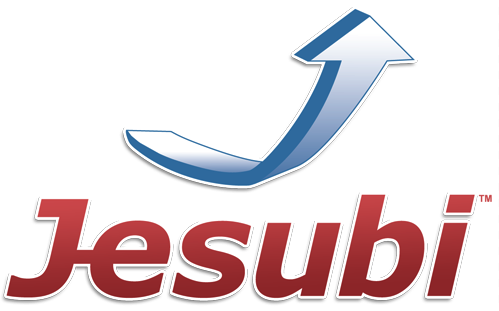Jesubi streamlines, automates CRM software to wring more productivity from your sales team


Designed as both an alternative or complement that piggybacks on existing solutions such as Salesforce.com or NetSuite, Jesubi's whole goal is to reduce the time wasted inside CRM software so your team can spend more of it working on chasing clients.
I had Bill Johnson, founder and CEO of the company, come to ZDNet HQ in New York to demonstrate his offering in person. Though his company is three years old, Johnson has 25 years of tech solutions under his belt -- and he stressed that Jesubi's primary goal is to make CRM software much easier to work with for the end-user.
For Jesubi, that means far fewer clicks to get data into the system. Users can automatically record inbound responses, record voicemail, log an e-mail, see activity history and view status. Johnson showed me a marked increase of average touches per hour when he first implemented the solution on his own team, helping to increase appointment output and decrease his team's cost per appointment.
Jesubi offers programmatic prospecting, which helps users apply methodical call schedules and create e-mail and marketing campaign templates. As you can see from the screenshot above, Jesubi helps to aggregate prior activity without the user having to fill out endless fields, and automatically schedules follow-ups to keep the momentum going.
Johnson used the term "tribal knowledge" during his demonstration as a way to increase productivity. Jesubi offers real-time reporting, which is a quick (and often sobering) look into which team members are most productive. Again, Johnson showed me statistics on his own team -- in one example, he explained how an ultra-productive team member who made more calls than anyone else actually was contributing very little to the bottom line when it came to landing customers.
The neatest trick that Johnson showed me was Jesubi's Prospecting Velocity report, which surfaces actionable reporting data by structuring contact activity. The report visually tracks the effectiveness of repeated contact, so you can see what contact methods work and if persistence will bring in enough sales to make it worth the effort.
Here's a look:
The report includes details such as the number of attempts to contact a prospect, the number of conversations that occur and the time interval between calls.
The point of the report is essentially to put the nuances gleaned from customer responses to work while your team is still pursuing that customer -- then learn from them for the next one.
Jesubi also provides standard contact management functions, by the way, including call notes, opportunity tracking and Microsoft Outlook integration.
What struck me as the most interesting point of Johnson's demonstration was his business model, in which he offers Jesubi either as a total CRM solution or as an integration with existing solutions (such as Microsoft Dynamics CRM, NetSuite and Salesforce.com).
In fact, Johnson told me with a chuckle that users have been rather fanatic about his product -- so much so that he's had employees of a customer actually request "I Love Jesubi" t-shirts. (Naturally, Johnson filled the order with the shirt pictured to the right.)
The company has more than 30 customers, Sybase and LeadJen among them, and 60 percent of customers use the software as their total CRM solution.
Jesubi is available today with pricing starting at $100 per user per month.